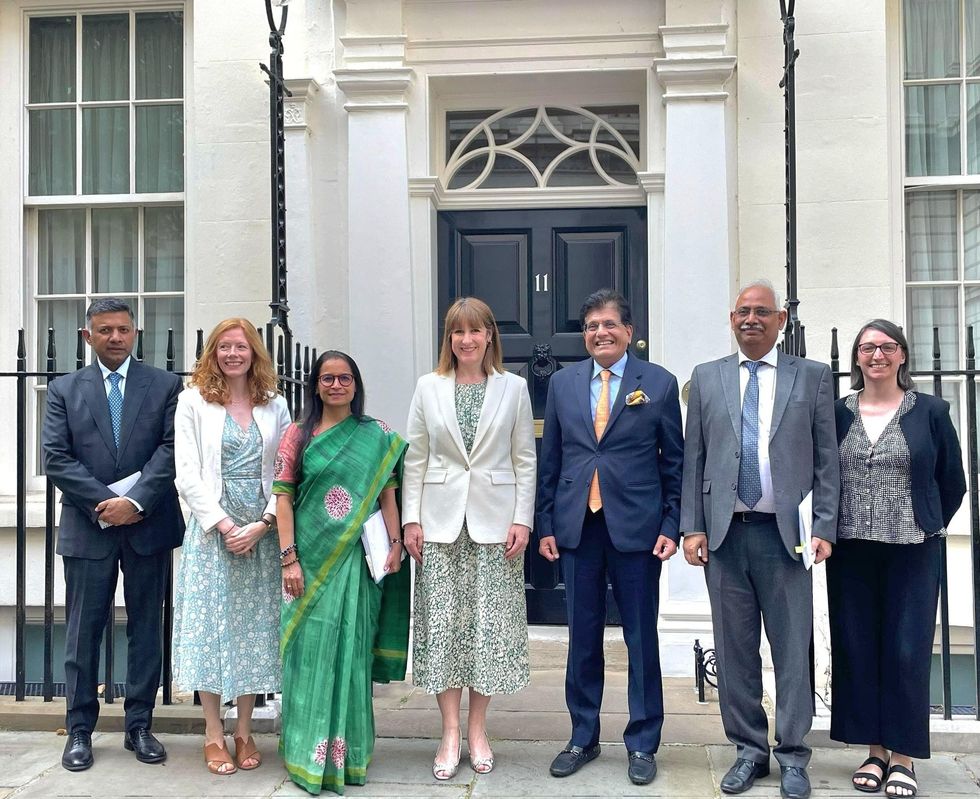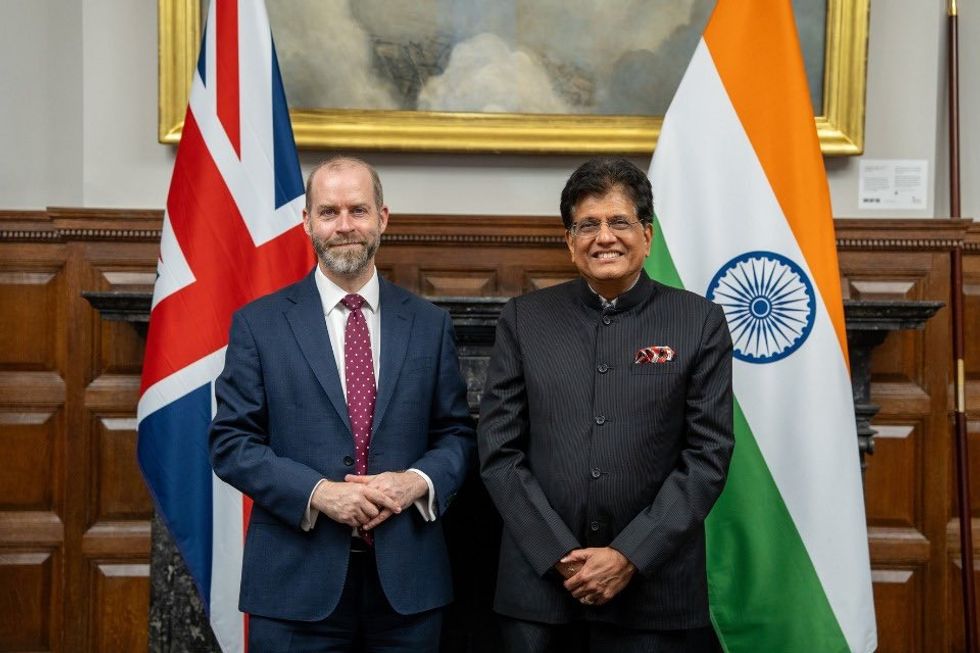INDRA Nooyi, one of the most prominent female CEOs in the world, announced on Monday (6) that she will step down as head of PepsiCo following 12 years navigating the soft drinks and snacks company through a tricky climate of shifting consumer taste amid rising concerns about healthy living.
Nooyi, 62, who was born in India, will be replaced as chief executive by president Ramon Laguarta on October 3, but will remain as chair of the board until early 2019 to oversee the transition.
"Today is a day of mixed emotions for me," Nooyi said on Twitter. PepsiCo "has been my life for 24 years & part of my heart will always remain here."
Among the 500 companies in the S&P 500, only 25 - or five per cent - are led by women, including Nooyi.
The group includes Lockheed Martin's Marilyn Hewson, IBM's Ginni Rometty and General Motors' Mary Barra, who in June appointed Dhivya Suryadevara as the company's first female chief financial officer
Nooyi told Bloomberg News on Monday that she planned to advocate for more women to serve at the highest levels of corporations, saying "my job is in fact just beginning once I leave PepsiCo because I can do things now that I was constrained to do when I was CEO of the company."
Under her leadership, PepsiCo net revenues rose from $35 billion in 2006 to $63.5 billion in 2017, with much of the growth coming from international markets.
Nooyi’s tenure included sparring with activist investor Nelson Peltz and fighting against a spate of municipal soda taxes.
In October 2016, PepsiCo unveiled 2025 sustainability targets that included vows to reduce waste and to ensure at least two-thirds of its global beverage portfolio contain fewer than 100 calories per serving.
PepsiCo presiding director Ian Cook hailed Nooyi as a "pioneer" among major chief executives in introducing sustainability targets into business performance and for upping its portfolio of healthier foods.
"She has delivered strong and consistent financial performance, managing with an eye toward not only the short-run, but the long-run as well," Cook said.
Even as Nooyi has stressed these long-term targets, she has been unapologetic in touting the company's products, which include snacks under the Frito-Lay banner such as Dorito corn chips and salsa, in addition to sugary carbonated drinks such as Pepsi cola and Mountain Dew.
Analyst Neil Saunders praised Nooyi for leading during an "extremely challenging" period in consumer products, praising in particular the decision to stick with snacks.
"With demand for soda under pressure, PepsiCo can now take comfort in the fact that it has a balanced portfolio of products - including in emerging areas like plant-based snacks from its recent acquisition of Bare Foods," said Saunders, managing director of GlobalData Retail.
Nooyi described consumer tastes as often unpredictable, veering from a desire for artificial sweeteners to suspicion at unnatural ingredients. She discussed "tapering the consumer" to accept less sweet drinks over time during a November 2016 interview.
"Overnight you can't take away the sugar because the consumer says 'I like that, why did you take that away?'" she said. "So the consumer is schizophrenic."
While dismissing soda taxes as panacea, Nooyi was of the view that the surge in obesity needed to be countered in a "holistic" way to address huge portion sizes and other factors.
Nooyi came to the United States in 1978 to attend the Yale School of Management on a scholarship and worked at PepsiCo for 12 years prior to being tapped to lead the company.
Among PepsiCo's moves were buying a 50 per cent stake in US hummus maker Sabra in 2008 and acquisition of Brazilian snack company Mabel in 2011, a year that also saw the company unveil an alliance with Tingyi Holding in China.
Nooyi came under pressure from Peltz, who called for the company to be broken up in 2014. But Nooyi successfully beat back the challenge with a series of cost-cutting measures. Peltz exited the stake in 2016.
Morningstar analyst Sonia Vora predicted that Laguarta, himself a PepsiCo veteran of 22 years, would continue many of Nooyi's efforts and that the "bent toward more natural and wholesome fare will continue."

















 Piyush Goyal with shadow chancellor Rachel Reeves (centre), Vikram Doraiswami and other officials at the India Global Forum
Piyush Goyal with shadow chancellor Rachel Reeves (centre), Vikram Doraiswami and other officials at the India Global Forum And , Goyal with Jonathan Reynolds
And , Goyal with Jonathan Reynolds